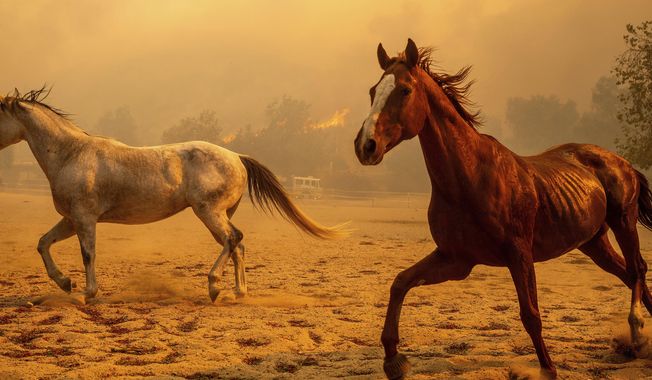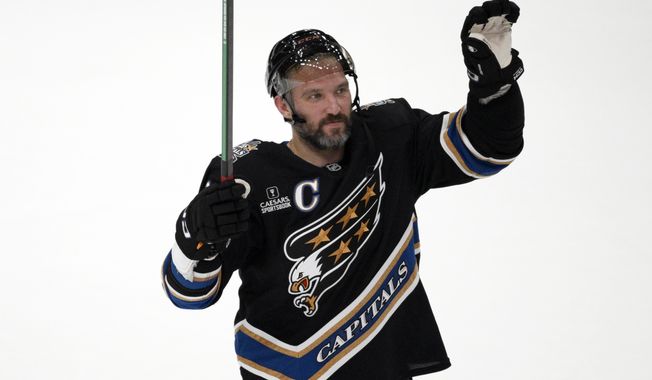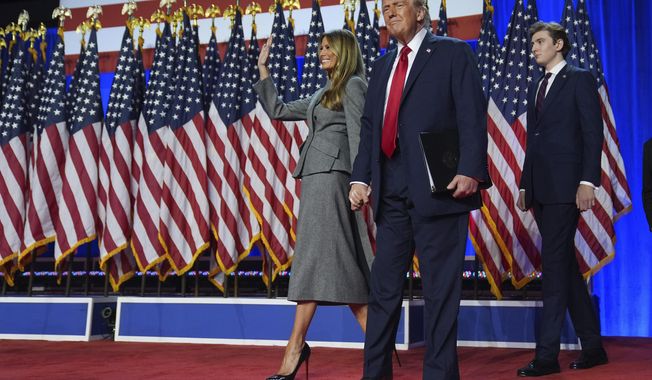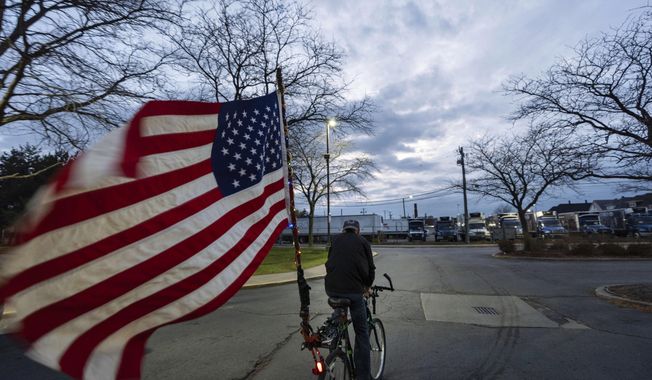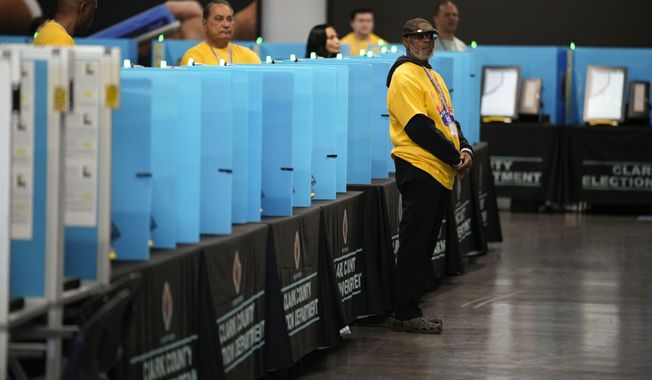
FILE - In this Sept. 5, 2020 file photo, police use chemical irritants and crowd control munitions to disperse protesters during a demonstration in Portland, Ore. When a police officer knelt on the neck of George Floyd in Minneapolis, other officers at the scene didn't intervene, even while Floyd said he couldn't breathe and stopped moving. That lack of action is leading a growing number of states to compel police to stop misconduct by a fellow officer. Oregon's Legislature passed a bill in a special session last year requiring intervention by an officer witnessing police misconduct. (AP Photo/Noah Berger, File)
Featured Photo Galleries
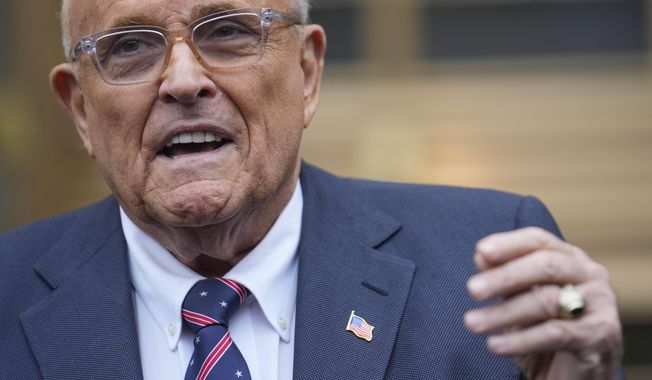
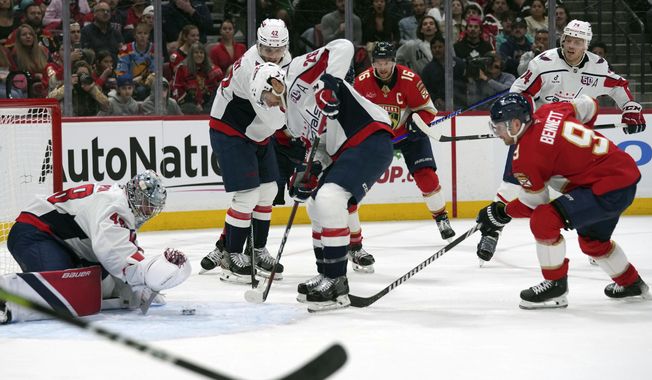
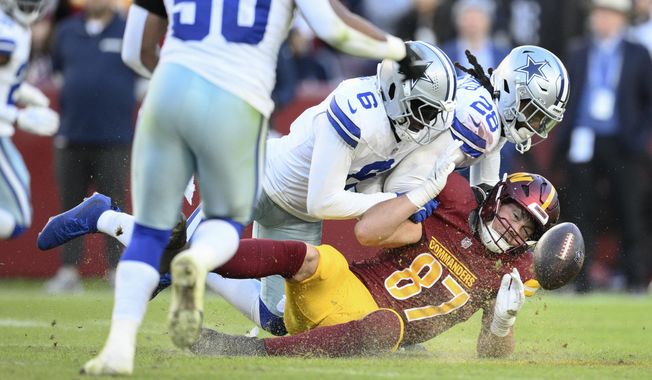
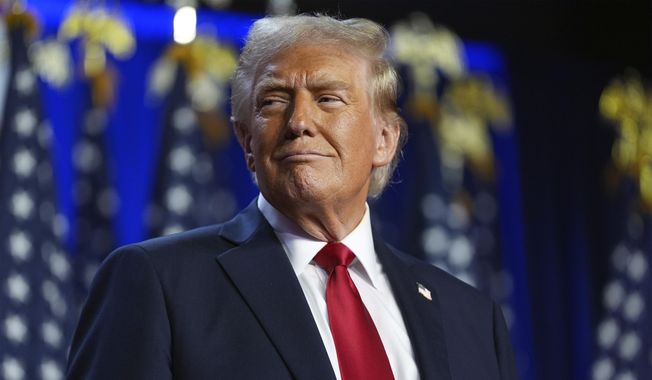
Trump Transition: Here are the people Trump has picked for key positions so far
President-elect Donald Trump has announced a flurry of picks for his incoming administration. Get full coverage of the Trump transition from The Washingon Times.
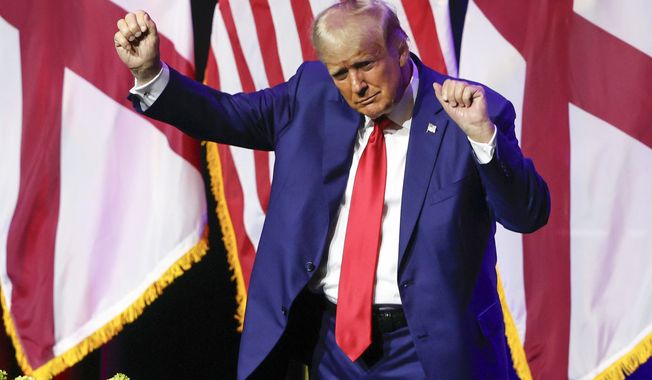
Trump dances onstage, takes post-election nation by storm
President-elect Trump dances onstage


